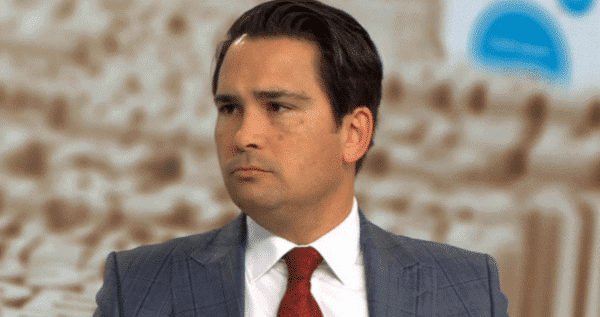 National’s new leader has a background in Crown prosecution behind him, but started legal life working for Kensington Swan before moving to Tauranga and handling prosecution work.
National’s new leader has a background in Crown prosecution behind him, but started legal life working for Kensington Swan before moving to Tauranga and handling prosecution work.
He obtained his law degree from the University of Auckland, completing a BA (Political Science and
History) and a LLB (Hons), as well as receiving a senior law prize.
In an interview with LawTalk in 2016 he explained that he became a lawyer because his brother was one and his father, a Baptist minister, who thought it was a profession for him.
Hansard Society Fellowship.
His legal career as a prosecutor with Hollister-Jones Lellman ended in 2008, but not before outlining some of his views on the profession. Although he has acted on “many jury trials”, few are widely reported.
However in his maiden speech to Parliament he did reference the effect his trial experiences had upon him, noting: “. . in many jury trials I have seen injustices—indeed, manifest indignities—performed on the weakest in our society as court rules worked against them. We need to make law that redraws the balance between victim and community on the one hand and criminal accused on the other. ”
He told LawTalk that “as a Crown prosecutor, gratitude from victims of crime was very satisfying and made the hard work worth it. In politics you can achieve the same sort of feeling helping constituents.”
When discussing his largest challenges as a lawyer, he references his trials. “It is hard to go past some of the bigger, more high profile cases I prosecuted. They obviously spring to mind. But dealing with smaller cases could also bring great challenge and reward. Dealing with people’s real, thorny problems and solving them is immensely satisfying.”
“Personally, I think the model of charging on a time and attendance basis is out of date and provides all sorts of perverse incentives including the incentive to complicate things not simplify them. It is also terrible for work life balance (not that I have ever particularly mastered this one). People should be paid for value achieved not minutes spent.”
And for young lawyers contemplating a career in law?
Go for it. Even if you don’t go on to practice, it helps one think well and opens up many possibilities that might not otherwise be available. In general, studying anything in depth is never a bad idea.
>> Latest Legal Jobs in LawFuel’s Law Jobs Network





